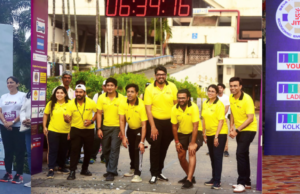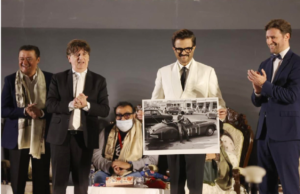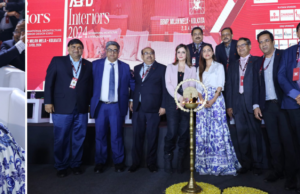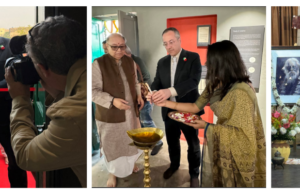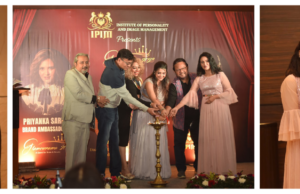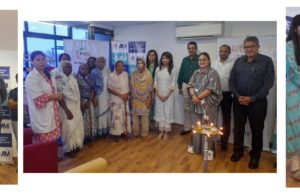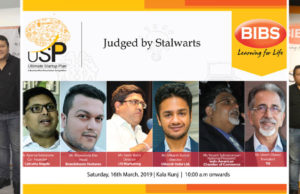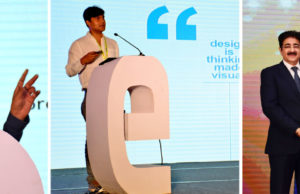
WoT's Hot
The Kolkata Literary Meet organized by Tata Steel had several noteworthy personalities. On the 28th of January, Booker Prize winners Kiran Desai and Paul Beatty, in conversation with Arunava Sinha, provided an interesting discourse on ‘Write the Change’. Both renowned authors provided valuable insights regarding their perceptions of writing to transform the world. When asked how the dynamics of the political world in 2016 affected them, their responses received were varying. While Desai expressed displeasure at the course of political events which distracted her from completing her novel, Beatty wasn’t really thrown off track. Both writers expressed their indifference towards the election of President Trump.
When asked about the notion of writing to change, Beatty declared that doing something of that nature was not his cup of tea, and he’d rather write about the things that “pleased” him, without fearing judgement. Kiran postulated that writers should not compulsorily take an onus upon themselves to make sure their literature becomes akin to the gospel, spreading reformation in the world. Certain writers may choose to do so because they might believe in it, but she did not fit that mold, and believed that the pressures of “representing a particular community and being its voice” would restrict a free-flow of her creativity and curb her freedom. However, Desai did mention that politics may cause her to be angry and disgruntled, and these emotions may percolate into her writing, but never really be a formidable influence in shaping her work in any way. Beatty pointed out that anger and frustration were catalysts that motivated writing. “I’m brave on the page, not the pavement”, said Beatty jokingly, adding that he was not being dismissive, but simply choosing to write what he pleased to.
Both authors, especially Beatty, were vocal about how their interests veered towards vagaries composing the ‘grey area’, rather than a very distinct moralistic black or white concept of the world. They stressed upon the huge gap and disconnect in between the intellectual world of literature and the world of politics and commercialization. Desai expressed disapproval of people viewing certain authors such as herself, as representatives of a minority society’s views rather than as a novelist. In Beatty’s view some readers impulsively labelled certain works as “satire” simply owing to their ineptitude at comprehending the literature, and making it seem as if the writer had some agenda when all he wished to do was to tell a story. He spoke of how contemporary literature, often made its readers feel “safe and perhaps elicit sympathy”, but “did not challenge or introspect”. He bemoaned the “tonal sterility and similarity of content in modern novels”, that didn’t seem to experiment and effectively employ the English language in an attempt to be politically correct, monumentally restricting expression of thought. Kiran added that one should embrace not being able to find answers at times, and just allow oneself to be moved by the happenings of the world.
The talk was extremely compelling. Paul Beatty’s jocular and flippant tone, mingled with Kiran Desai’s placid one, gave everyone some perspective about the notion of writing to change. The discussion was enthralling and captivating for all literature lovers.
The Kolkata Literary Meet organized by Tata Steel had several noteworthy personalities. On the 28th of January, Booker Prize winners Kiran Desai and Paul Beatty, in conversation with Arunava Sinha, provided an interesting discourse on ‘Write the Change’. Both renowned authors provided
Other Articles in REAR WINDOW WOT
What to read next
Featured articles

Welcome Festive Season in Glam, Latin Quarters Launches new #PujoBling Collection with Monami Ghosh
by WOT





